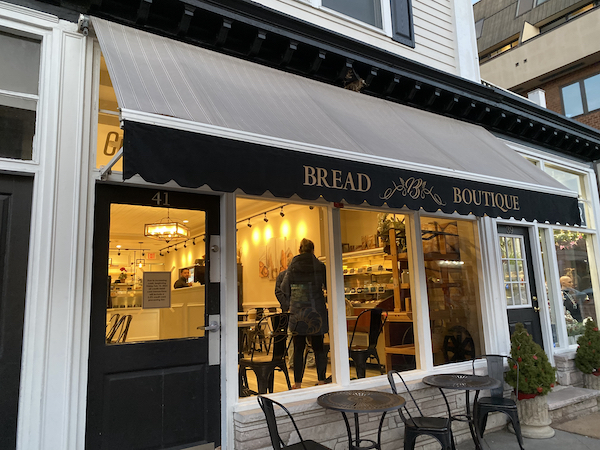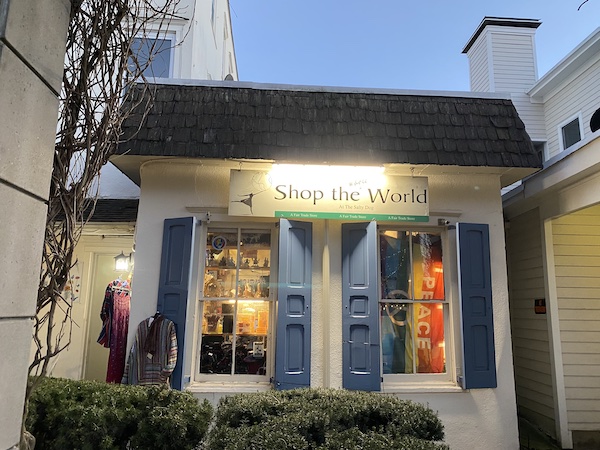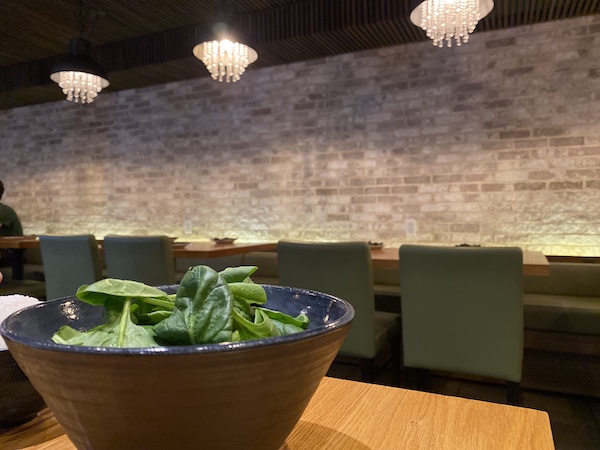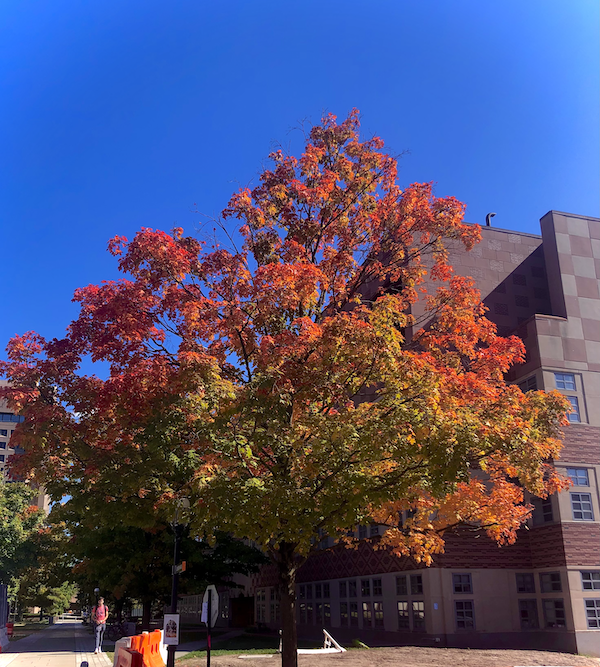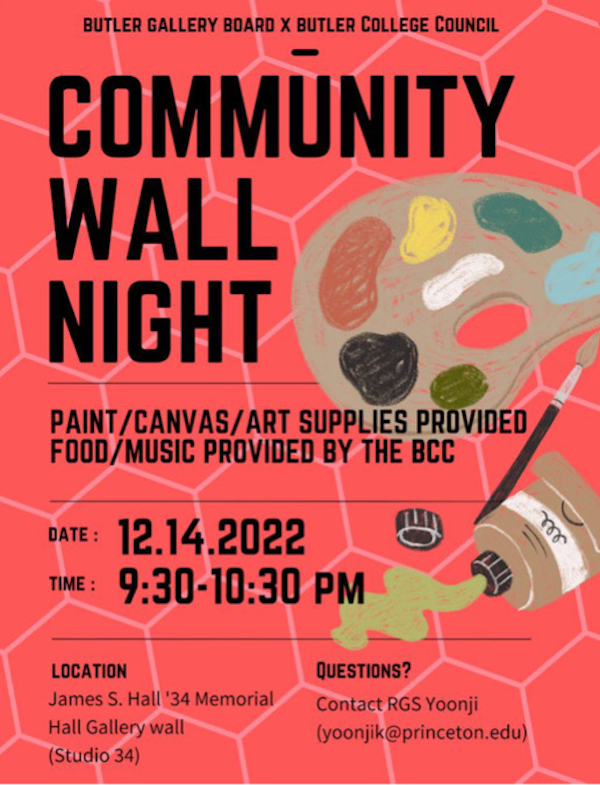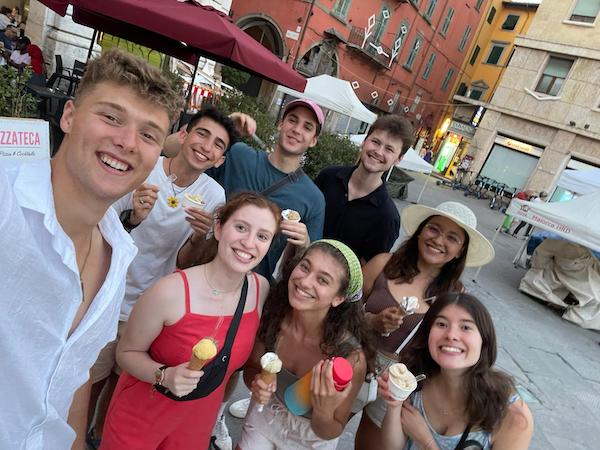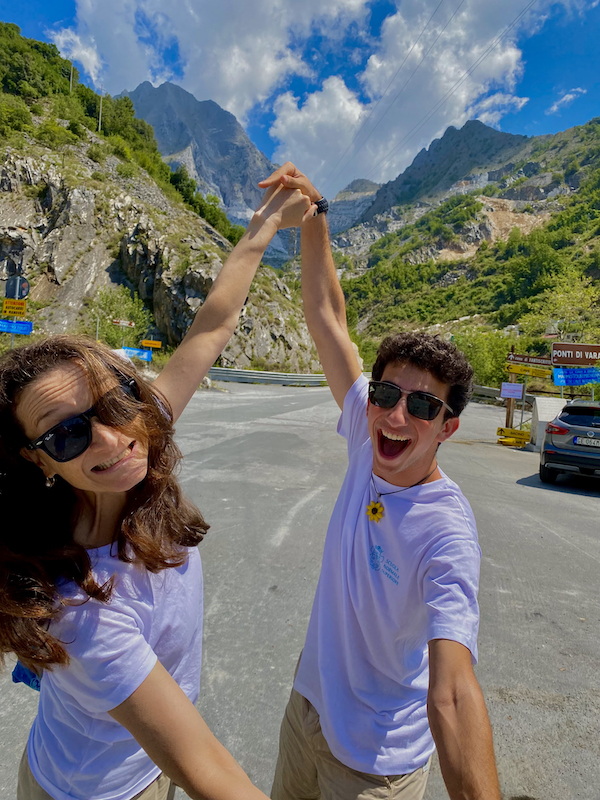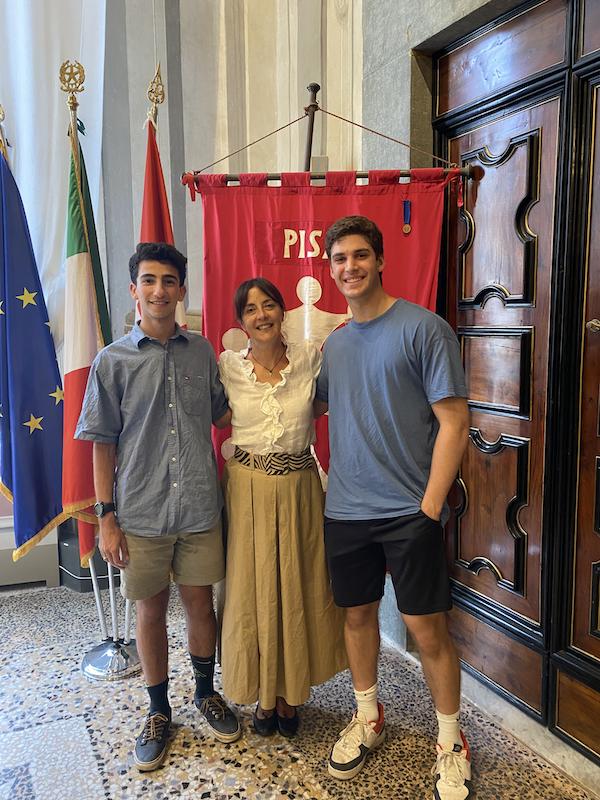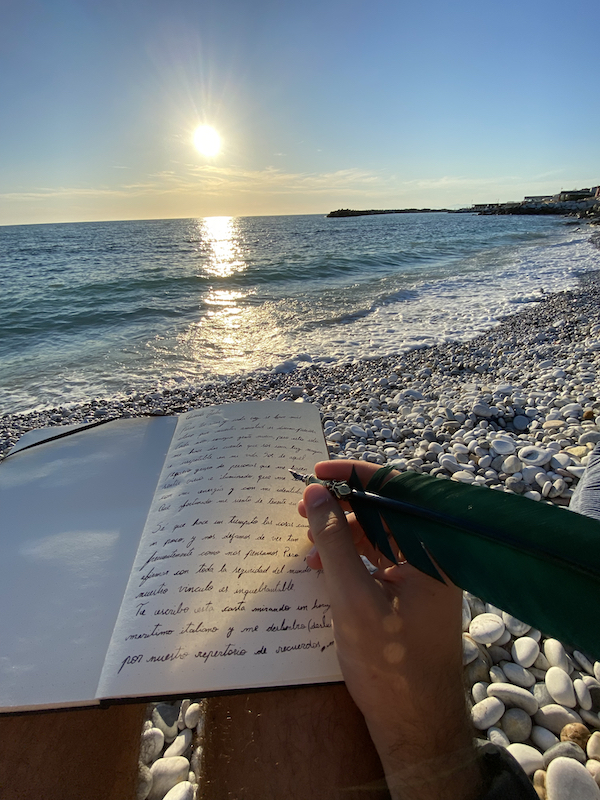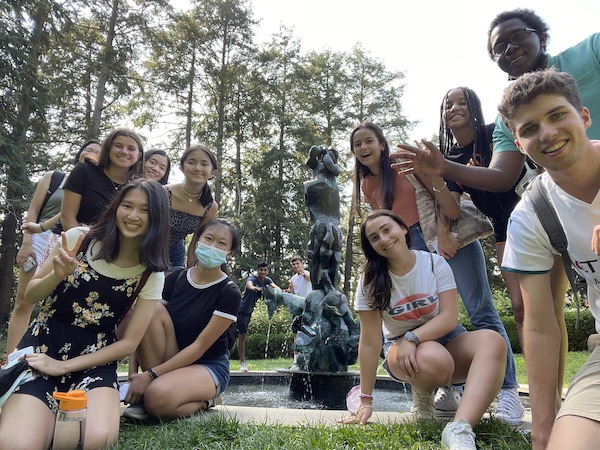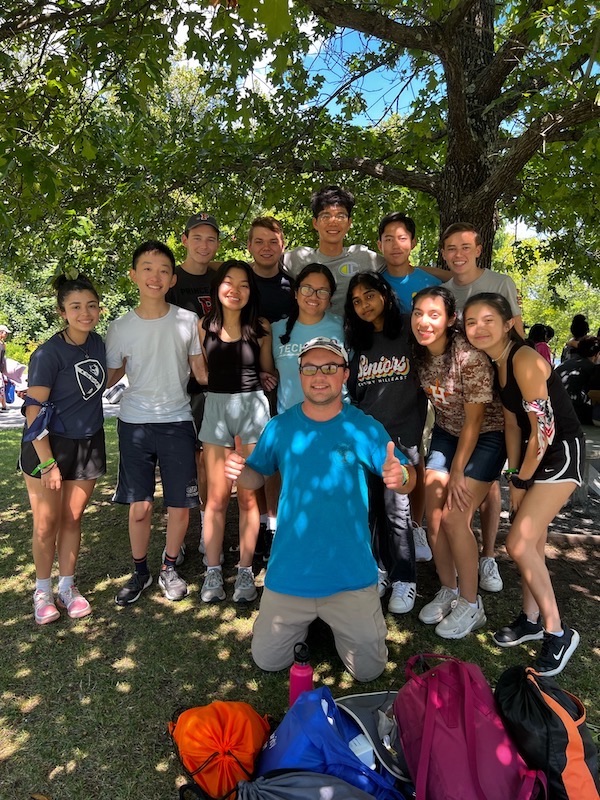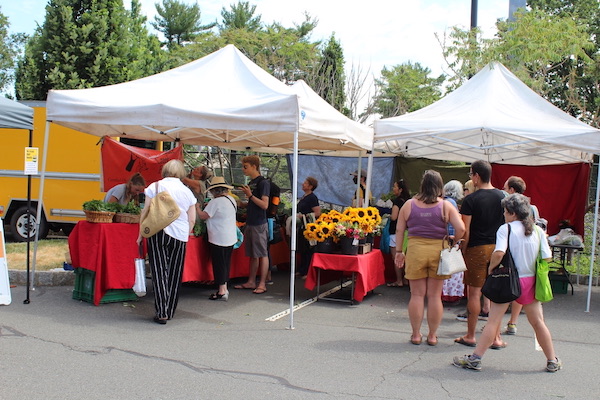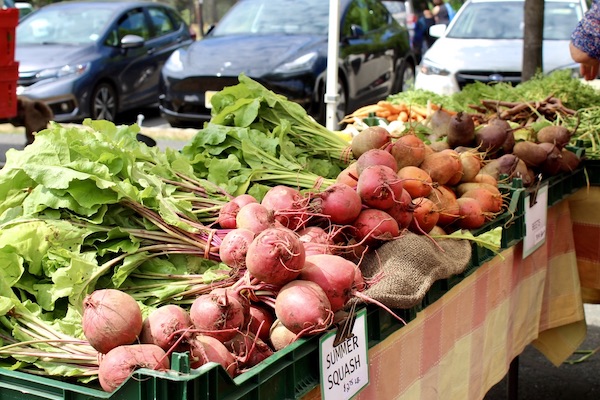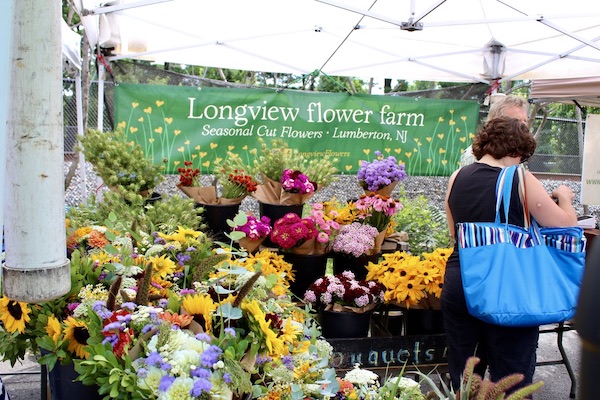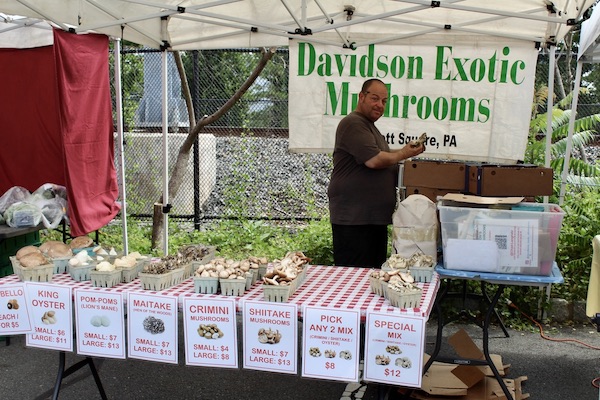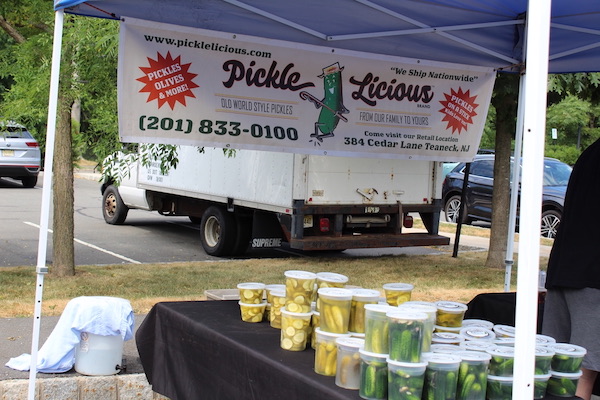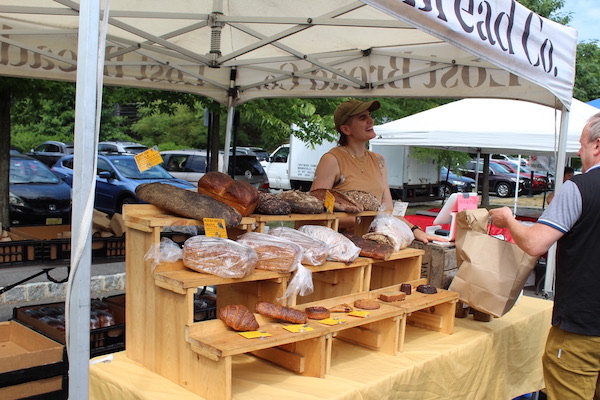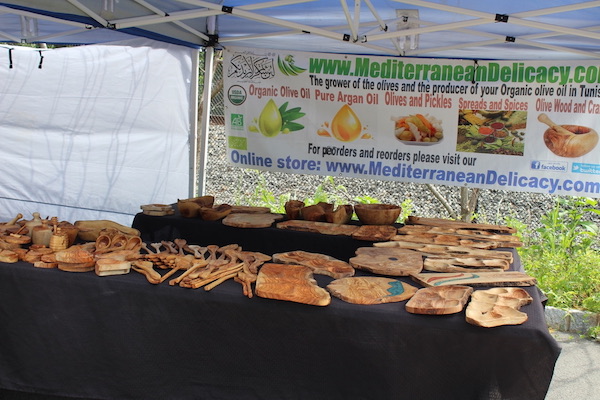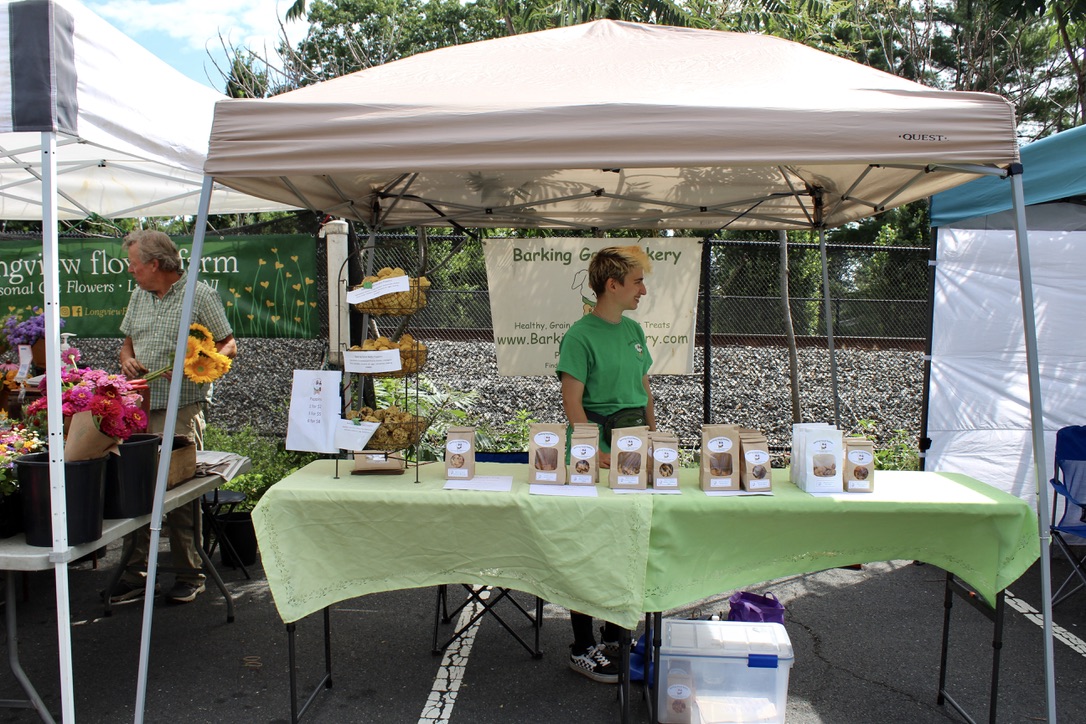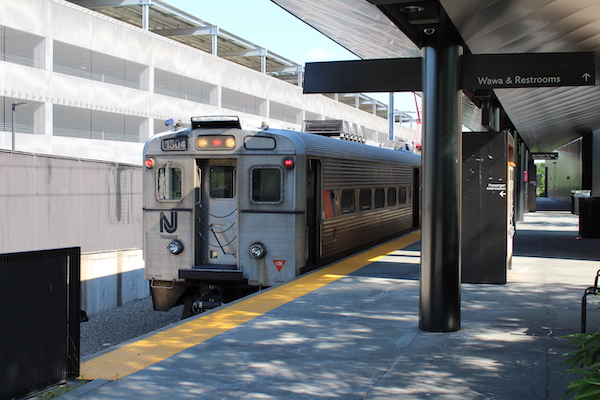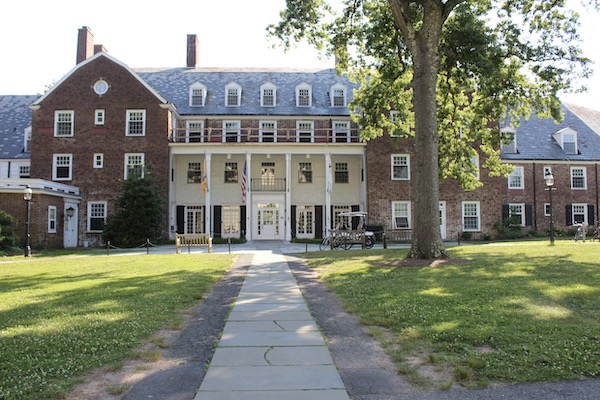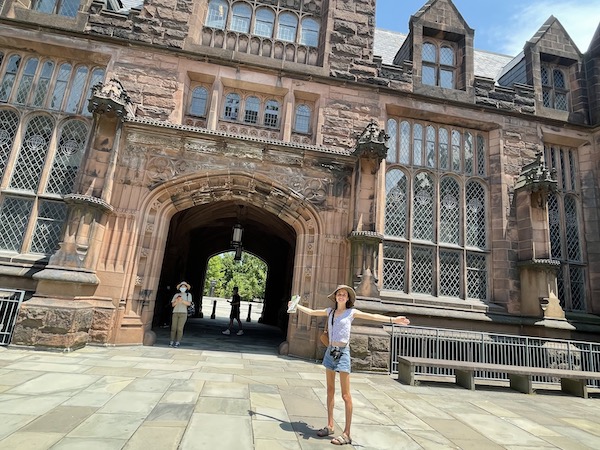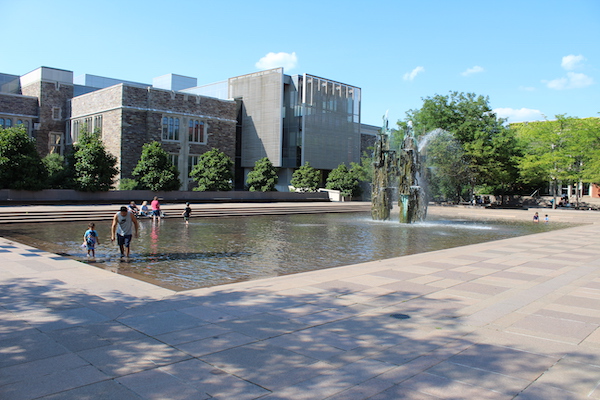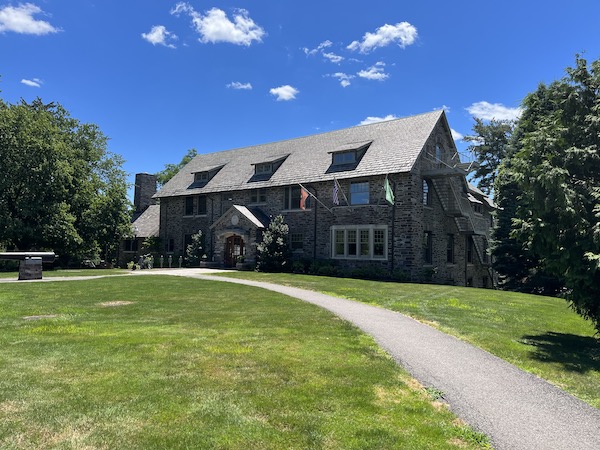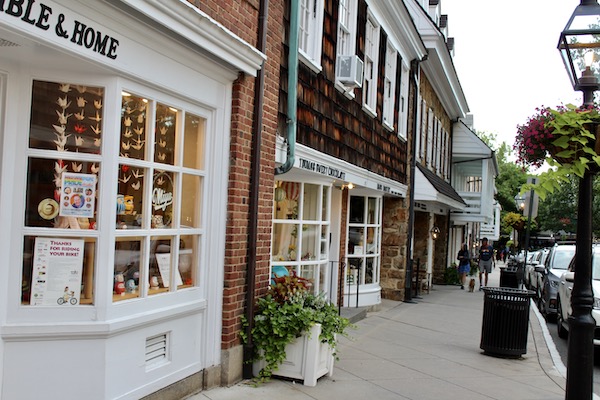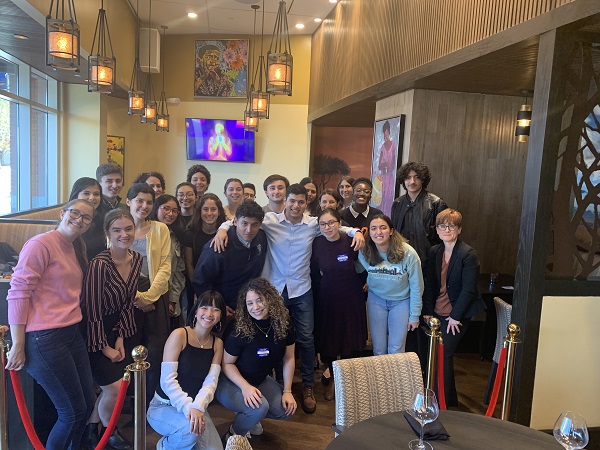This past September, I started working at the front desk of the New College West Office — the one-stop shop where you can get answers to any of your “Westie” questions. It’s also home to many of the valuable people and resources that are available to help students throughout their Princeton journeys. Besides getting to earn a little extra money, this job has given me unique insight into the behind-the-scenes operations of my residential college and how one office helps keep the whole community running.
If you’re not a Westie, don’t fear! Each residential college at Princeton has an office just like ours. This is where you can find your college’s specific leaders, such as your Director of Student Life (or DSL for short), Dean of Studies, Residential Life Coordinator, and the Head of College. They all serve different purposes, but ultimately are there to support your needs, both academically and otherwise.
To find out more about your college’s team of awesome staff, click one of the links below! :
- Butler: https://butlercollege.princeton.edu/people/college-staff
- Forbes: https://forbescollege.princeton.edu/people/staff
- Mathey: https://matheycollege.princeton.edu/people/college-staff/central-office-staff
- New College West: https://newcollegewest.princeton.edu/people/college-staff
- Rockefeller: https://rockefellercollege.princeton.edu/people/staff-0
- Whitman: https://whitmancollege.princeton.edu/people/staff
- Yeh: https://yehcollege.princeton.edu/people/college-staff/central-office-staff
Over the past few months, I’ve gotten to see people come into the office for a variety of reasons. For example, at certain times during the week, the deans will have Drop-In Advising Hours, where any students can walk-in and meet with their respective dean to discuss academic concerns, like picking classes or managing workloads. I’ve also experienced students coming in to propose a community-building or club event that they want to see happen. And more often than not, we have students simply pop in the office just to grab some free chocolate or say hi!
My favorite part of working at the NCW office has to be our weekly res college tradition: Coffee in the Commons! Every Friday, as a study break, we help organize an event where students can gather and enjoy free coffee, tea, and some sort of treat or pastry. Most of the residential colleges do some variation of this event (like Yeh College’s “FriYEH” or the weekly “Teahive” for Butler College Bees), but Coffee in the Commons will always hold a special place in my heart. Most recently, we did a Mardi Gras-themed Coffee in the Commons, complete with king cake and donuts!
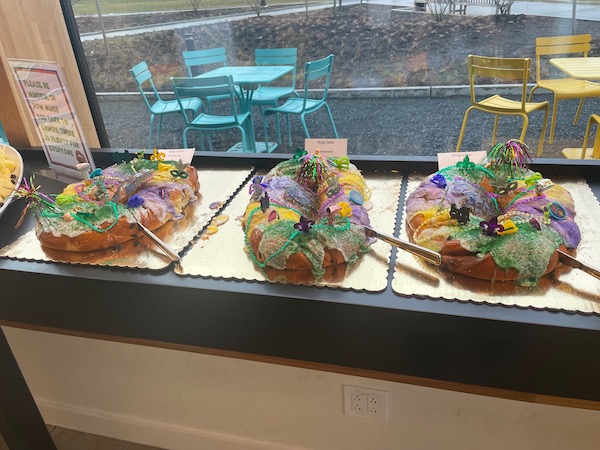
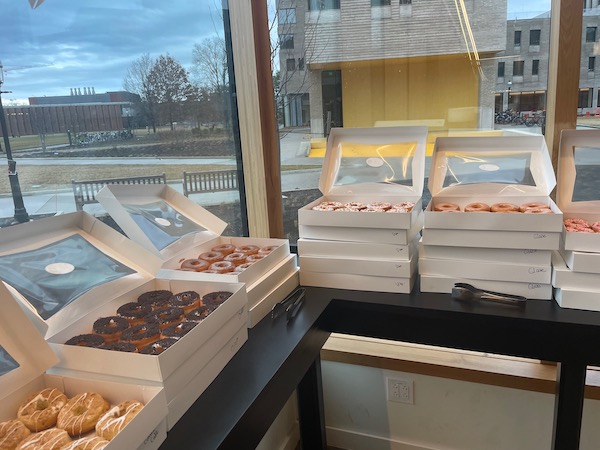
The colleges and their offices are truly another community within the Princeton community. I would highly recommend stopping by to meet the friendly staff members and mentors that will guide and support you throughout your four years here (and, while you’re at it, maybe consider applying for a job there, too!).







